What Is The Most Common Nutritional Disorder In Horses According to a recent survey most horse owners or caretakers have a good knowledge of the basics of equine nutrition They are however less sure of how dietary requirements change if
For most producers bloat is the most recognizable nutritional disorder Bloat is a buildup of gas in the rumen which is the large fermentation chamber that makes up the Nutrition is frequently implicated as a cause of disease or poor performance of horses Sudden changes in feed or feeding schedules toxins present in feeds or forage plants and excesses
What Is The Most Common Nutritional Disorder In Horses

What Is The Most Common Nutritional Disorder In Horses
https://i.ytimg.com/vi/JpG1fYSQ3UA/maxresdefault.jpg

Life Science Unit 1 Chapter 3 Nutritional Diseases YouTube
https://i.ytimg.com/vi/A3LHlMsTc1M/maxresdefault.jpg

04 Nutrition And Their Deficiency Diseases 5th Evs YouTube
https://i.ytimg.com/vi/XqJUanDKDG8/maxresdefault.jpg
While laminitis colic and EMS are some of the most common nutritional disorders in horses they are preventable or manageable with the right approach to feeding and care In my article I shall discuss bacterial viral and some non infectious or nutritional horse diseases in very short 1 Strangles Equine Distemper Strangles are the most common bacterial
The most common mineral deficiencies in horses typically involve calcium phosphorus copper sodium chloride and selenium with the likelihood of deficiency heavily Equine Herpes Virus EHV is a highly contagious airborne disease and occurs in horses worldwide There are nine strains of EHV but EHV 1 and EHV 4 are the most common
More picture related to What Is The Most Common Nutritional Disorder In Horses
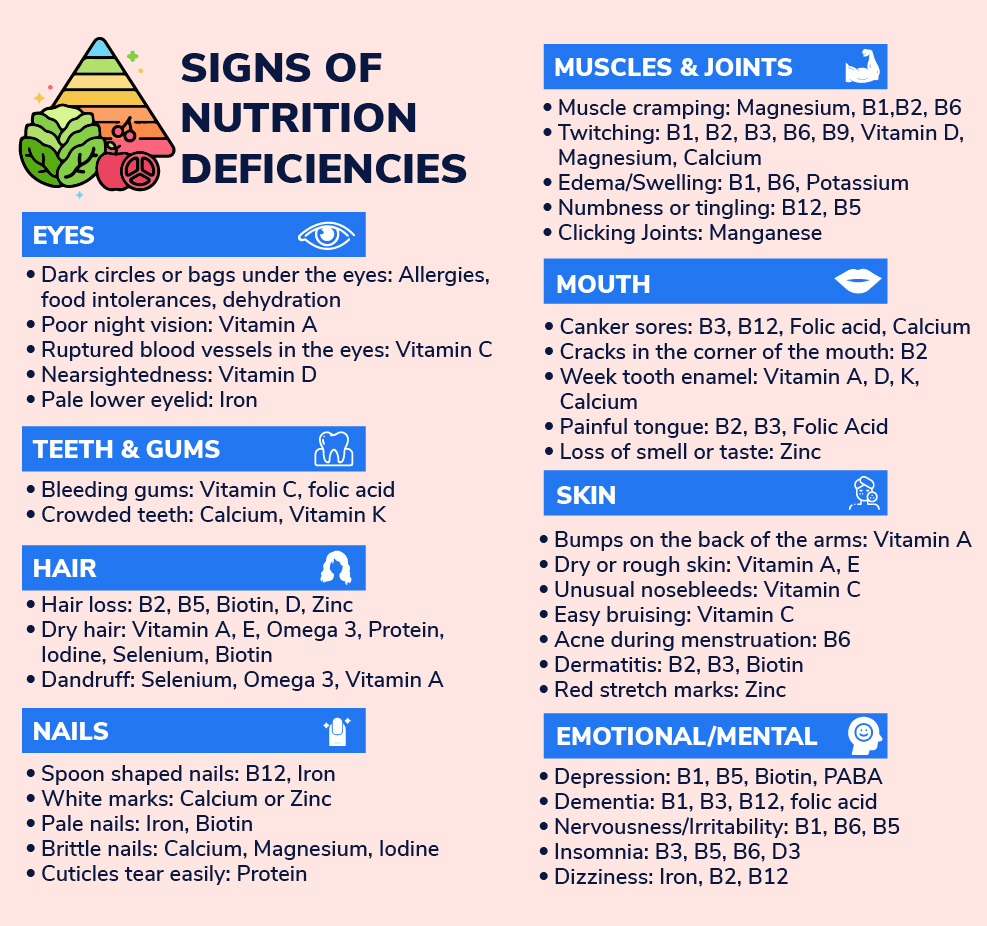
Common Nutritional Deficiencies Momentum Fitness Providence
https://www.reanfoundation.org/wp-content/uploads/2021/09/Rean-Nutrition-Deficiency-02.jpg

7 Common Signs Of Nutrient Deficiency Nature s SunshineNature s
https://i.pinimg.com/originals/e3/68/2a/e3682ac5d4dcefee3af74a835643ebea.jpg

Fitness Cat
https://www.flixxy.com/foolproof-method-to-make-a-cat-lose-weight-image10.jpg
Below are the seven most common nutrient deficiencies observed in horses as well as the associated signs of deficiency and recommended intake levels 1 Salt Salt is composed of two mineral elements sodium Na and Find answers on the most common nutritional diseases in horses and how you can best manage their diet Despite our best efforts to provide our beloved animals with high
Find out if your horse could be at risk of suffering subtle but serious vitamin and mineral imbalances The Top 6 Nutritional Deficiencies in Horses Let s start with how to recognize the most common nutrient deficiencies the causes and the solutions to those issues Then we
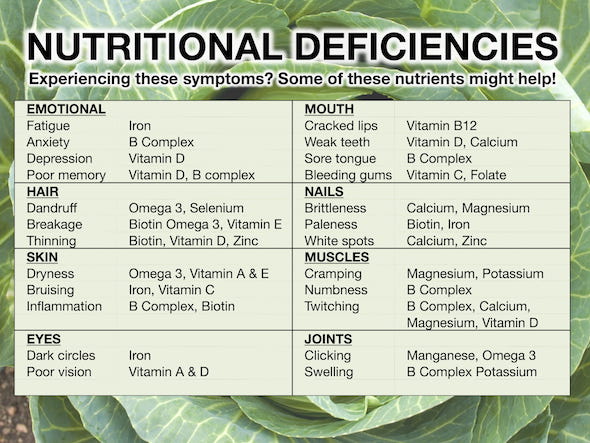
Nutritional Deficiency Chart
https://www.publichealthnotes.com/wp-content/uploads/2019/06/Supernature-Infographic-Nutritional-Deficiencies-Big_1526442660.jpg
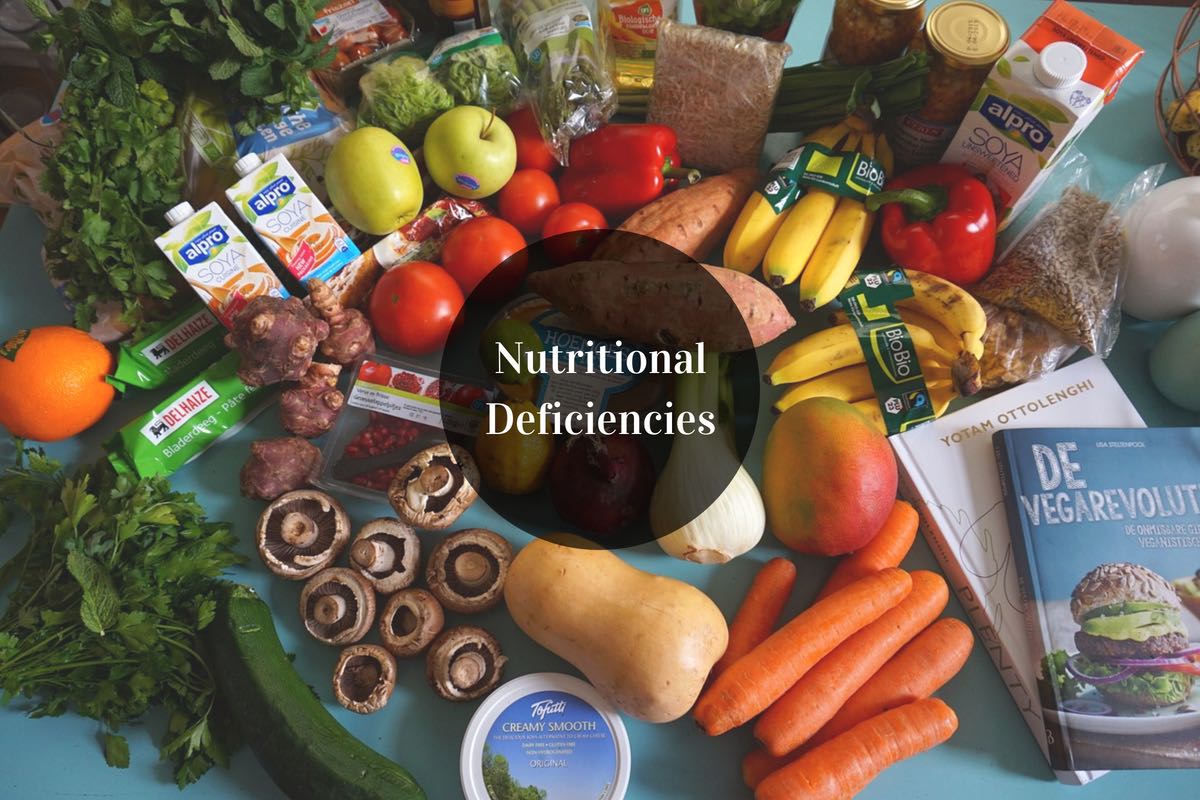
Nutrient Deficiency Most Common Ones To Watch Out For
https://www.ayurvedum.com/wp-content/uploads/2018/05/nutritional-deficiencies.jpg

https://ker.com › equinews
According to a recent survey most horse owners or caretakers have a good knowledge of the basics of equine nutrition They are however less sure of how dietary requirements change if

https://great-american-adventures.com › what-are...
For most producers bloat is the most recognizable nutritional disorder Bloat is a buildup of gas in the rumen which is the large fermentation chamber that makes up the
Abbott Malnutrition Screening Tool

Nutritional Deficiency Chart
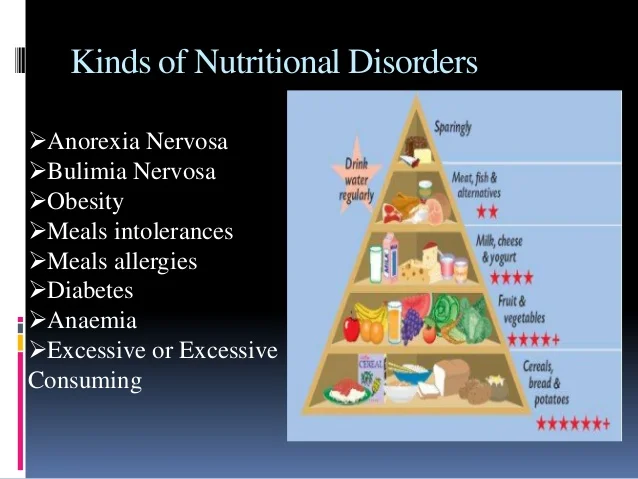
Nutritional Disorders
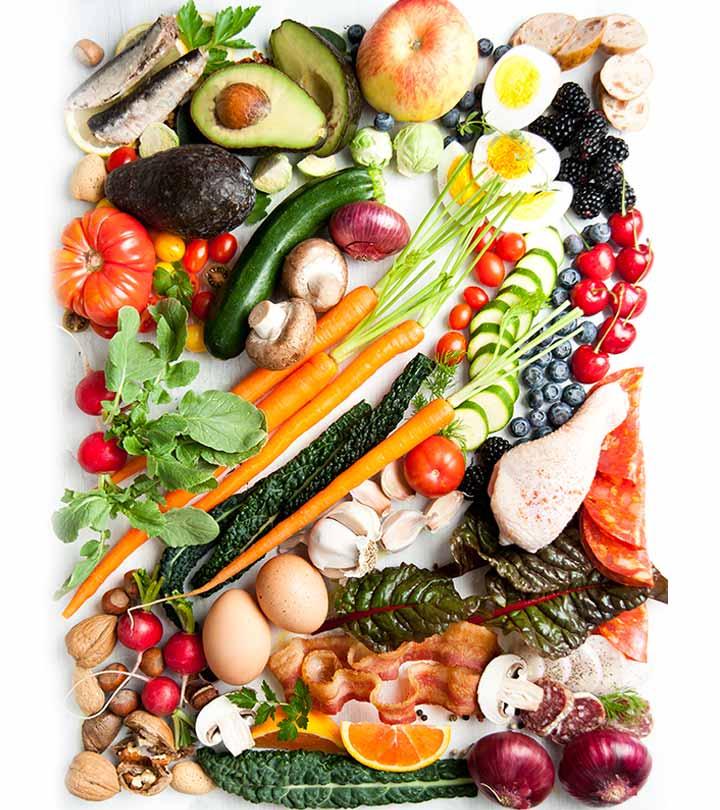
Most Common Nutritional Deficiency Diseases Nutrition Pics

Nutrition Care Process An Overview Visual Veggies
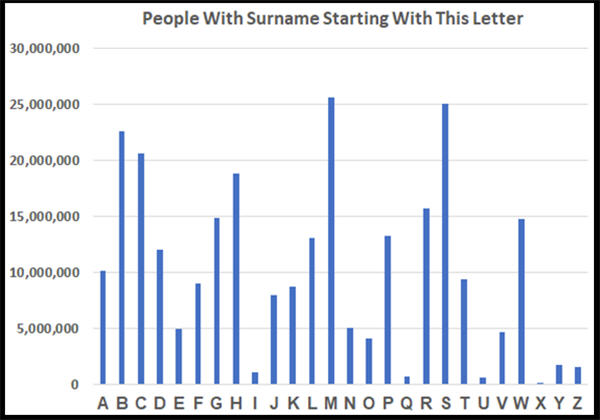
Most Common First Letters Of Last Names Statistics Data Mining DNA

Most Common First Letters Of Last Names Statistics Data Mining DNA
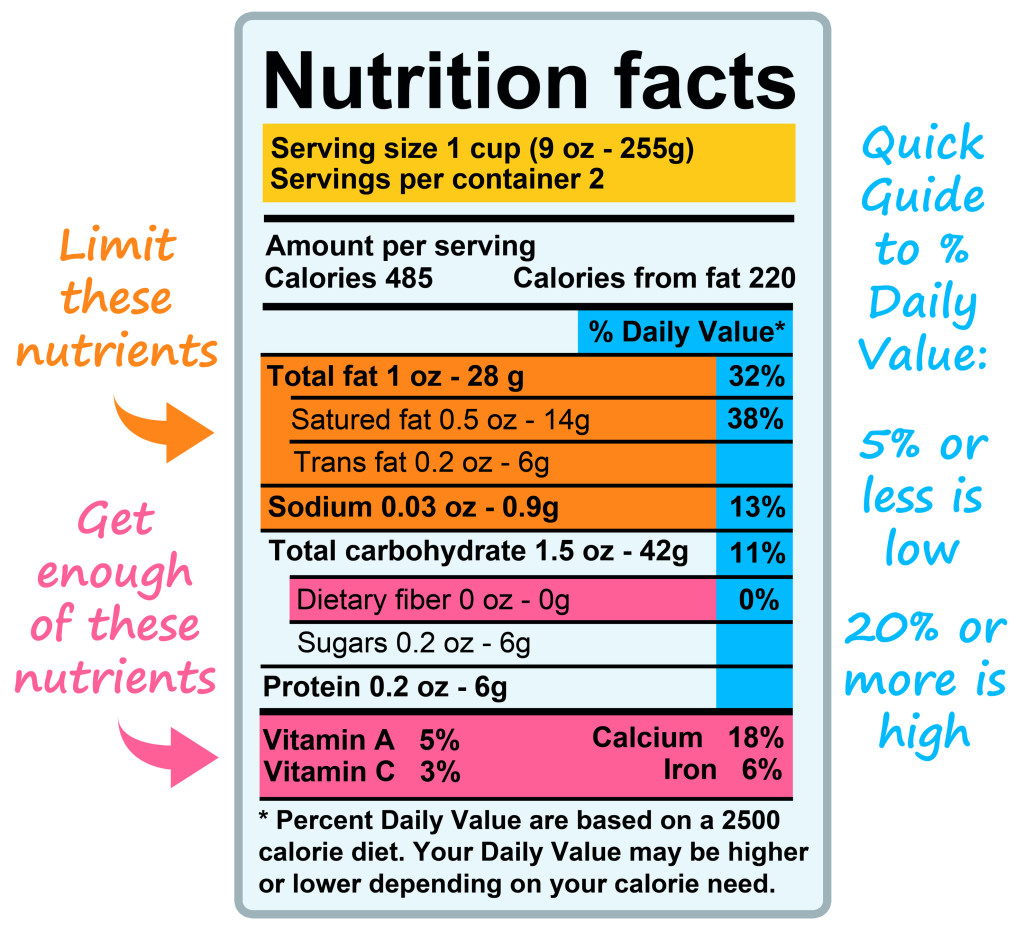
Understanding Nutritional Information Labels KidsPressMagazine

Types Of Interpretation Choosing The Right Interpreter

12 Signs Of Iron Deficiency Everyone Should Know About Signs Of Iron
What Is The Most Common Nutritional Disorder In Horses - The most common mineral deficiencies in horses typically involve calcium phosphorus copper sodium chloride and selenium with the likelihood of deficiency heavily